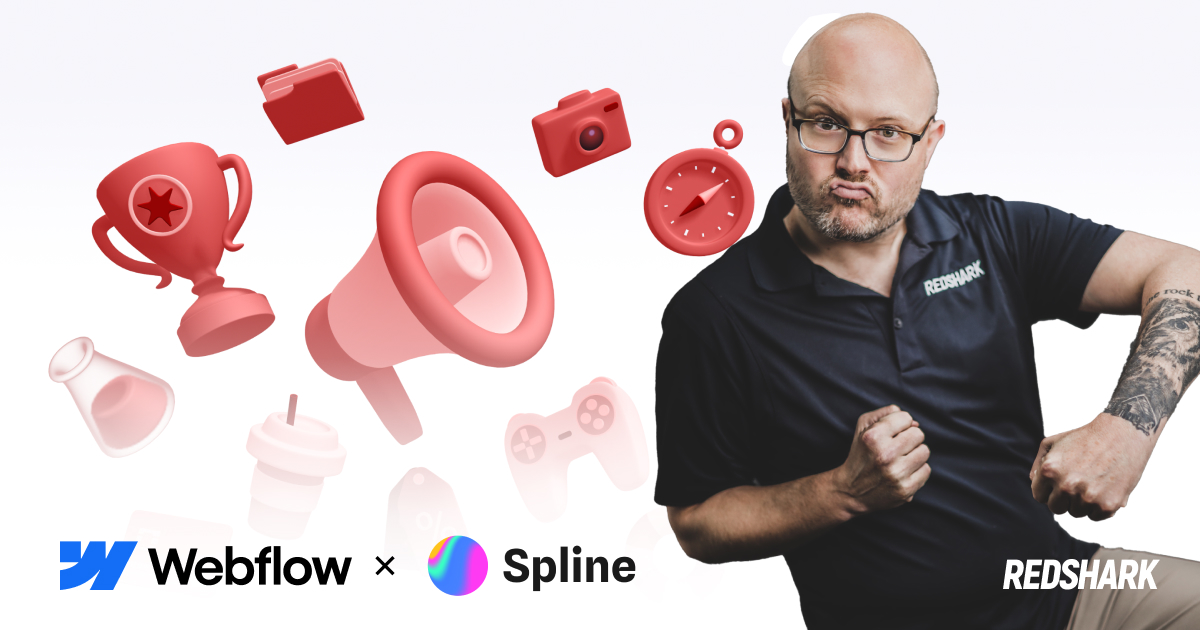
Nik’s Perspective: Linux vs PC
Featured & Recent Articles
Nik’s Perspective: Linux vs PC

Okay, I'm going to be admittedly biased for a moment here. I love Linux. The only non-Linux PC in my house is my wife's laptop, but I'm working on that. Linux has so many benefits, many of which I truly believe would make it better than Windows for most PC users. Even the older, less technical generation would, in my opinion, benefit more from Linux than they would from Windows. That's not to say, however, that there are not some downsides to Linux. So, here's five reasons why you should, and five reasons why you shouldn't, switch to Linux.
Why you should
- 5 – Choices: Linux is all about choices. The name 'Linux' is a pretty general term. Rather than a single operating system, there's a (borderline overwhelming) number of distributions (you could just say versions) of Linux to choose from. Some are more popular and more user-friendly than others. And once you've chosen your version, then you get to choose from a variety of desktops, which brings us to...
- 4 – Customization: You can do a lot of neat things to make Linux your own. Now the more you want to do, the more you'll need to learn about Linux. But many Linux users have done everything they can to make these sorts of tasks increasingly easier over the years. A little bit of know-how will go a long way with Linux.
- 3 - Open Source: Microsoft develops Windows. Apple develops Mac. Who develops Linux? The public! Open Source means that the source code is available for anyone to see and make changes to. People make changes to improve it, and the organizations that publish the different versions can take those changes and add them to the primary source. This practice enables organizations to improve their software at a much more efficient pace.
- 2 – Security: Ever wonder why Windows has so many viruses, but Mac doesn't? It's simple. Most people use Windows. If you're going to develop a virus, you're going to do so for the most popular platform, right? Mac isn't as common, so it doesn't have as many viruses. Linux has even fewer. Only about 1% of personal computers run Linux, so it's virtually pointless to make viruses for Linux.
- 1 - It's Free: Yup, Linux is 100% free. Now there are a few versions that require a purchase, but the clear majority of them are entirely free of cost. They have no shareholders. They also have no 'hidden costs' like bloat-ware from the manufacturers or the Operating System itself. It's also extremely lightweight. You know that old PC that runs slow these days? Linux could easily breathe life back into the machine and have it running as smooth as the day you bought it.
Honorable Mentions
Don't be surprised. I told you I was biased. There's a few other little things that didn't fit into the above categories, but still, deserve to be listed. Things like how Linux doesn't have to bother with drivers. Everything just works. The file system organization is much simpler and makes a lot more sense than Windows. And you know how Windows almost always require a reboot after an update? Linux (almost) never needs a reboot after updating.
To summarize, Linux out of the box comes with everything you need to do nearly every task the average computer user's needs. If you mostly just need something to browse the internet, Linux comes with Firefox. And if you're a Chrome fan, you're covered there as well.
Why you shouldn't
I'm willing to admit that Linux isn't entirely without flaws. So here are the issues you may run into if you switch to Linux
- 5 – Software: Remember when I said there are practically no viruses for Linux because there aren't as many users? Unfortunately, the same can be said here. Microsoft Word, for example, doesn't work on Linux. Now there is a counterpart called "LibreOffice," and you can use the MS Word web app just fine through any browser, but there are plenty of programs that don't have Linux versions. However, there are plenty of open-source (and free) alternatives to consider. Still, be cautious about switching if you have any Windows-Only software that you use.
- 4 – Gaming: Gaming is the same as software. A lot of games just aren't available on Linux at the moment. Now companies like Steam are slowly changing this, and I have high hopes that it will continue to get better. And if you're feeling brave, there are workarounds to get Windows games/software to work on Linux, but it does require some additional knowledge about how Linux works. This is also the only time you may have some driver issues, which can also be resolved with a little know-how.
- 3 - It's Intimidating: I've been using Linux for a long time, so to me, it's second nature. But I still have not-so-fond memories of when I first started trying some of the more advanced tasks. Some of what you may want to do (such as installing programs that aren't listed in the app store) will require the use of the terminal, a text-only interface. Now there are thousands of tutorials and forums all over the internet to help walk you through this, but that doesn't mean it isn't overwhelming when you first get started.
- 2 - It's Different: I know this may sound a little obvious, but it's still worth mentioning. If you're in a browser, you won't notice a difference. But the operating system itself is different. If you don't fear change (like I do, oddly enough), a little patience will get you past this hurdle. But you have likely become very accustomed to Windows, so switching to something so different may have you a little uncomfortable at first. There's an undeniable learning curve to Linux, though it's not as bad as you may think. And if you know your way around Mac OS, you'll likely feel a little more comfortable.
- 1 – Choices: Yup, this can just as easily be a negative feature. There are over 100 versions of Linux, each one a little (or a lot) different from the last. To be fair, there's only a few that are popular, and most are based heavily on just two or three main versions. Ubuntu is the big one, so you'll likely begin there. And when you're looking for solutions to potential issues you may face, you'll have to narrow your search results to find solutions specific to your version.

Final Word
I will always recommend Linux to anyone who doesn't use PC for gaming or Photoshop, just be sure to test the waters first. You can either install it on an old computer or, you can do something called 'dual boot' where you have half of your hard drive used for Linux, and the other have for Windows (or Mac). Anytime you reboot your computer; you'll be asked which 'partition' you want to use. It's that simple. And the install is easy as well. All you'll need is a flash drive and internet.
Personally, I'd recommend trying it on an old computer before dual-booting. Once Linux is on your machine, it can be a little difficult to make the computer 100% windows again. Of course, there's no harm in just leaving Linux there. It won't do any harm. It just wants to be your friend!




























